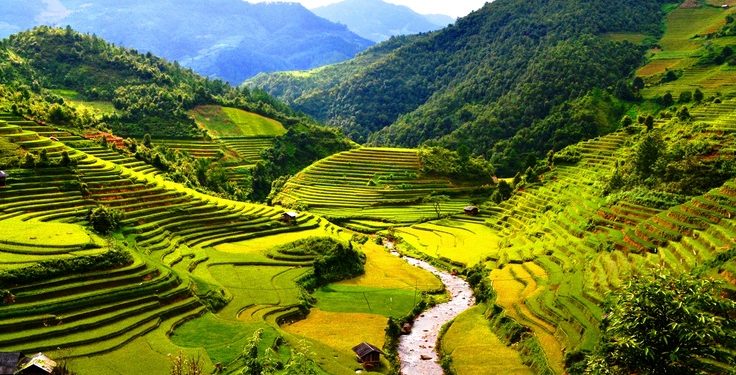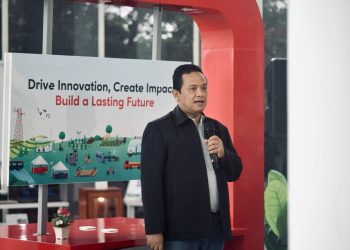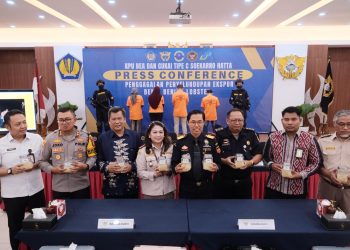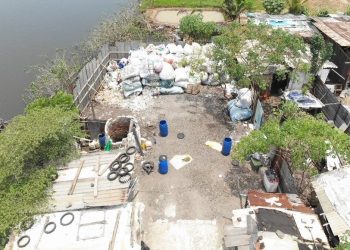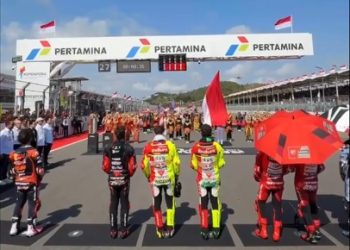Jakarta, Indonesia Sentinel — East Java contributed 25 percent of Indonesia’s total rice planting area in April 2025, the largest share nationwide, solidifying the province’s position as a key pillar of the country’s food security.
Governor Khofifah Indar Parawansa said the achievement reflects the commitment and hard work of all stakeholders in East Java to strengthen food resilience and sovereignty.
According to data from the Ministry of Agriculture’s Directorate of Food Crop Protection, Indonesia’s nationwide simultaneous rice planting movement covered 924,989 hectares in April. East Java alone contributed 227,802 hectares between early April and April 22.
“This shows that East Java’s share in the national rice planting effort is quite significant,” Khofifah said in a written statement on Saturday (April 26).
She also cited projections from the Central Statistics Agency (BPS), which estimate that the province’s rice harvest area between January and May 2025 will reach 964,768 hectares.
This marks a 12.19 percent increase, or roughly 104,811 hectares, compared to the same period last year, when the area stood at 859,957 hectares.
“The harvested area is the largest compared to the two other top rice-producing provinces—Central Java at 811,994 hectares and West Java at 753,287 hectares,” she added.
In addition to boosting production, East Java also took part in a nationwide rice planting event led by President Prabowo Subianto. The province employed both manual planting methods and mechanical transplanters to accelerate the process and improve efficiency for farmers.
Read Also:
Indonesia’s Rice Imports Decreases 92% in Early 2025 Amid Push for Food Self-Sufficiency
Khofifah emphasized that the provincial government remains committed to overseeing accelerated planting programs to meet national production targets.
“Accelerated planting efforts can help boost production, improve efficiency, increase farmers’ incomes, and strengthen national food security,” she said.
Several initiatives are being implemented, including speeding up the harvesting process, supporting the national logistics agency Bulog’s rice procurement at a fixed price of Rp6,500 (approximately $0.40) per kilogram, and strengthening seed supply through off-field nursery methods.
Khofifah expressed hope that East Java’s strong contribution would inspire farmers to continue enhancing productivity and innovating within the agricultural sector.
“We are grateful that East Java has recorded the highest rice planting rate nationally. Hopefully, this will further motivate efforts to contribute to achieving national food security,” she concluded.
(Raidi/Agung)


